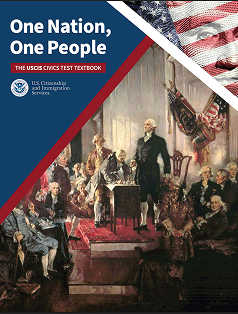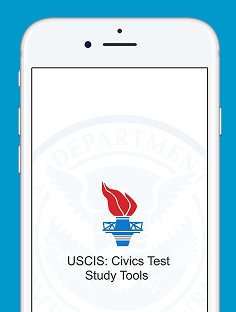The interview usually happens a few months after you submit your application for citizenship.
Use this time to prepare for a successful interview.
There are two main things to focus on.
How To Study For The English Test
To pass the English test, you need to read, speak, and write basic sentences in English.
Practice your English every day
-

When you buy food or coffee
-

When you shop at the grocery store
-

When you go to the post office
-

When you talk with people at work
-

When you go to your child's school events
Find an organization that offers English classes
-

Look for classes at your local library
-

Look for adult education programs
-

Take English classes online
How To Study For The Civics Test
There are many resources to help you study for the civics test. Many are online, and most are free.
-

Find local or online citizenship classes
-

Use the official USCIS study materials
-

Download the USCIS practice app on your phone
-

Make flashcards for the civics questions
-

Take online practice tests often
-

Find time to study with your family or friends
Review Your Application
During your interview, the officer will ask you about the information in your application.
You will need to answer questions about your information.
This helps the officer learn more about you. It also lets the officer see your English skills.

Read through every part of your completed N-400 form

Understand all the information you gave in your application

Be ready to explain any complicated parts of your history
 Tip
Tip
If any information in your application has changed, tell the officer at your interview.












